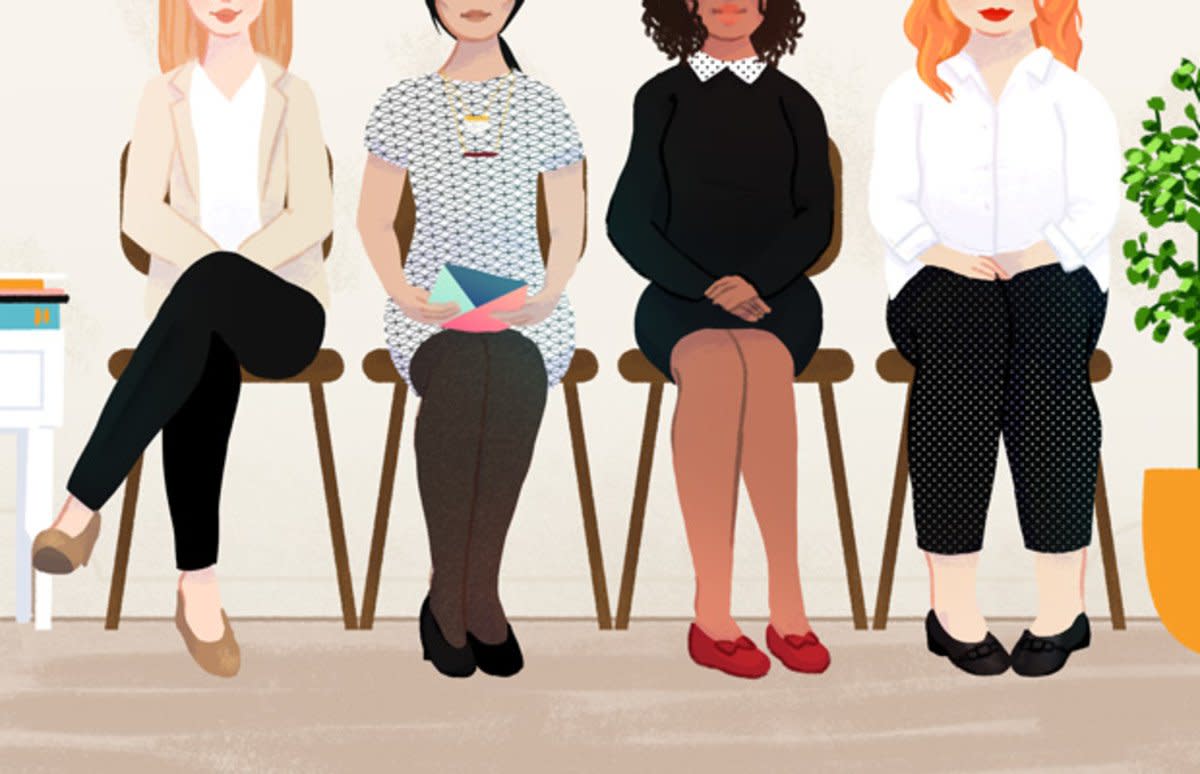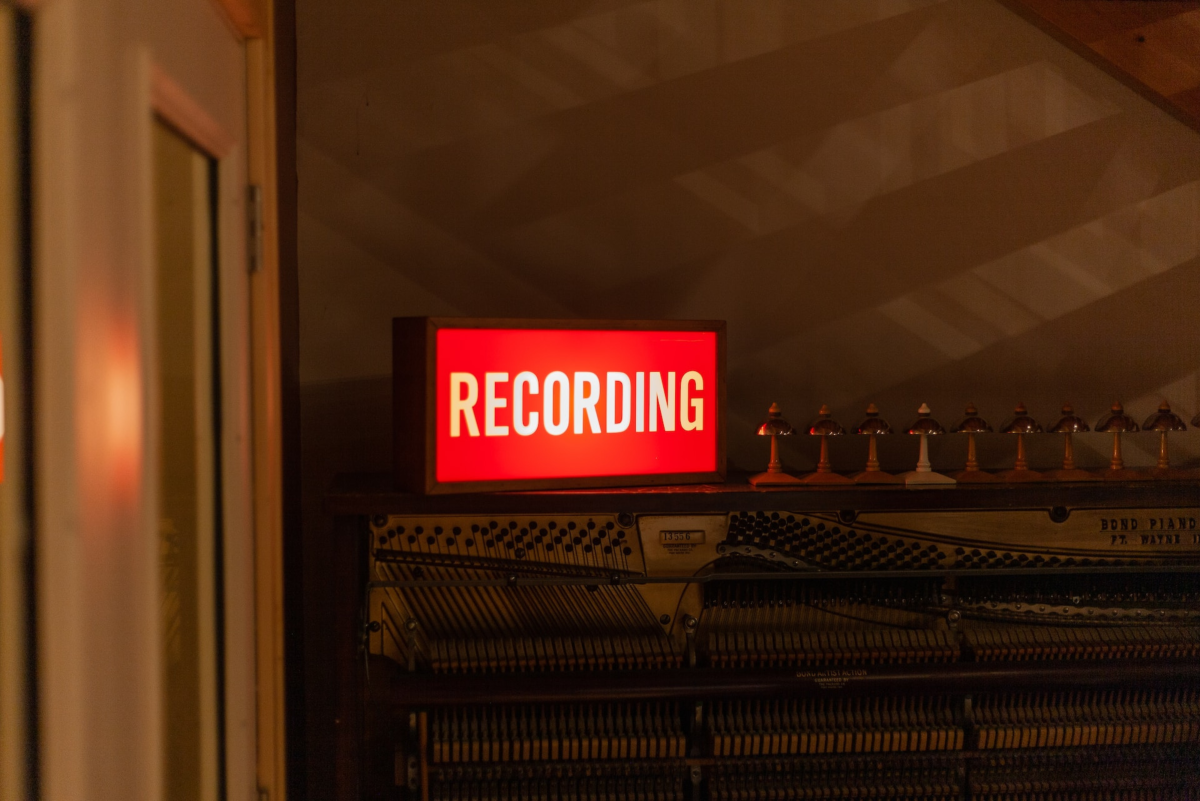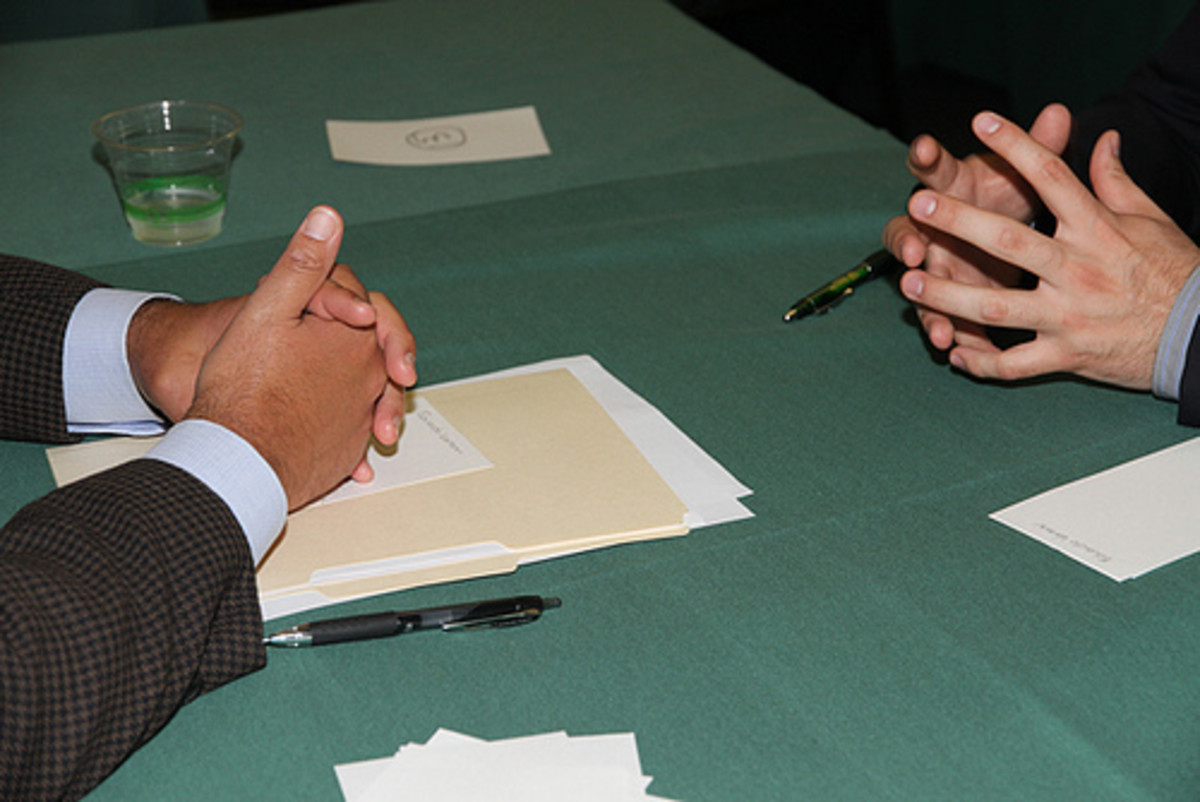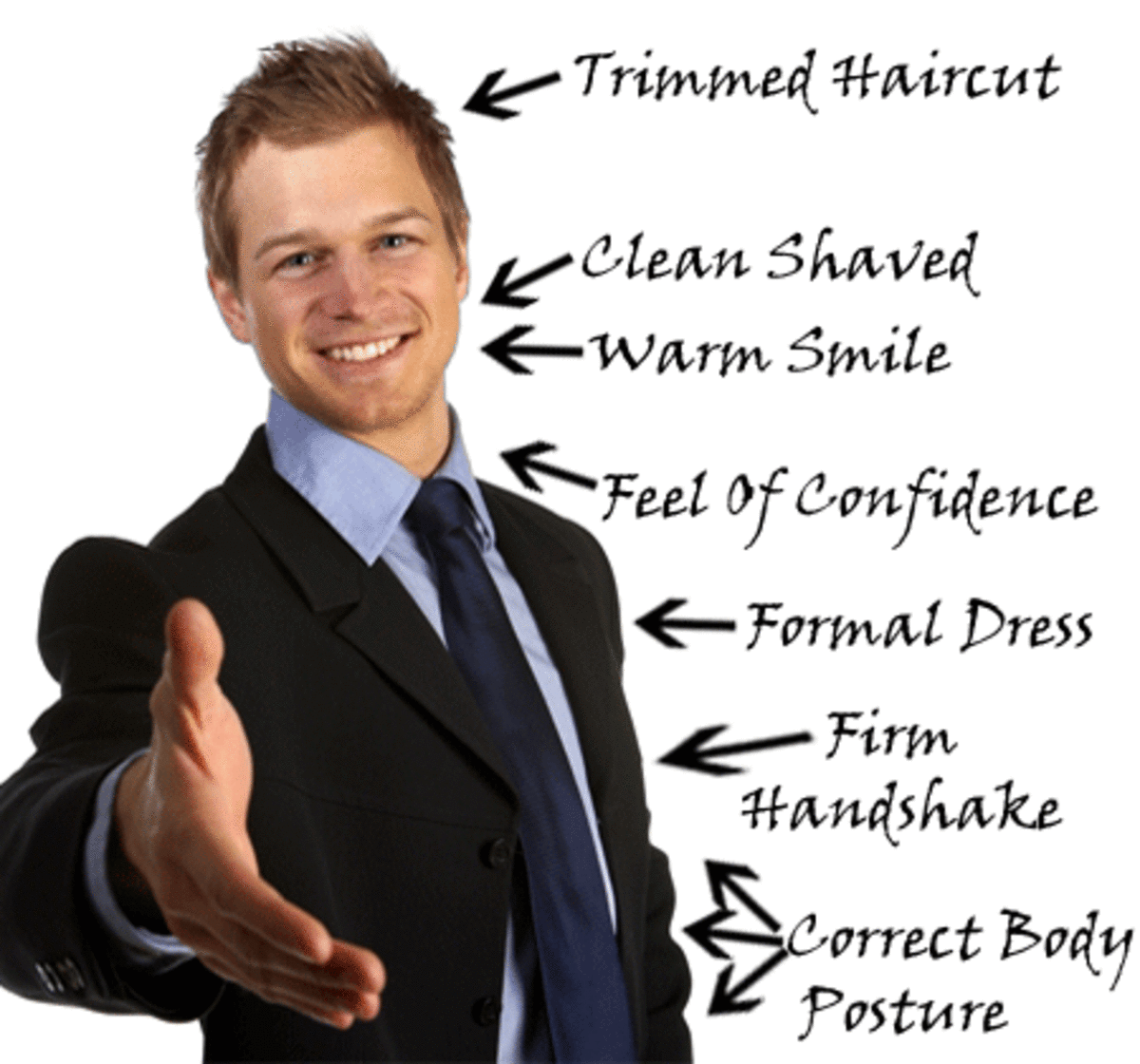- HubPages»
- Business and Employment»
- Employment & Jobs»
- Interviewing for a Job
The Best Tips for Interviewing for a New Job



Finding A New Job
Trying to get a new job and interviewing for one, can sometimes be an exhausting process. With some encouragement and advice and from personal experience, I have learned how to make this a much less painful process, as well as a much more successful one. All the choices we make along the way, and planning ahead both mentally and physically,can make a big difference.
I have utilized these tips in recent years and when I employed these tips, it made finding a job a lot easier. Mind you, these times we are in are not easy. You can't let yourself get discouraged, even if you seem to be repeatedly overlooked for the job. Some of the most successful people on the planet sometimes have to interview with a dozen, two, or three companies before they find a fit. That is absolutely normal, so let that be an encouragement if you are still searching for that new job.
There are several basic things to keep in mind. One is that not only are you being interviewed, but you are also really interviewing the company you are thinking about working for. Trying to look at it like this can give a boost of confidence during an interview. You obviously need a job or you wouldn't be in this process, but you are also finding out if you would want to work for this company or not. I think one of the ultimate goals is to have the results of the final determination to be a win win for all parties involved.
If possible, stay in your current position, and do an excellent job there. While they are not likely a current reference for you, they will be in the future. They will be the ones listed on a resume. Try not to ever miss a day and be on time. It looks good to an employer if you are currently working. If you don't have at least a basic resume, create one and store it in your computer as you respond to adds from Craigslist and other places online.
Taking Care of You, Before the Interview
Once you get to the point of finally landing an interview, you can be glad that things have progressed to the point they are showing such an interest in you.
At this point, often you are still in a job and there is hardly time for doing applying and interviewing for a new job. This likely means that you could be stressed out and tired. Or, you don't have a job and can down and discouraged. Regardless of the situation, get a lot of sleep and take care of yourself before your interview. You will be the most mentally alert and quick on your feet to answer questions being asked of you. You also won't be as affected by the stress that sometimes comes with interviewing. The better you actually feel, the more confidence you will exude.
This is all true even if you are having just a phone interview to start with. This has been my personal experience lately. Even two phone interviews sometimes, before they actually bring you in! Take it one step at a time, and be patient. My latest job took months to finalize.
You want to be refreshed and ready for whatever might come up. For instance, finding out that the location wasn't as easy to find as you thought and having to pull over to remap from where you are currently. Or, you want to be ready in case they ask you if you would be willing to take a paper test, and/or a test on their computer. These are common things that pop up unexpectedly.
Have a bottle of water as you head out toward an interview, but I would leave it in the car. Don't go in with a dry mouth or being thirsty. If they offer you a water, this is great to accept and can help if you have a dry mouth and start to cough or something. This hasn't happened to me but to someone I know.
Find Out All You Can About the Position
It is always great to give yourself a refresher course on what this particular job entails. You might think you wouldn't forget the details, but when one on one, this can all be surprisingly helpful. This is especially true if you are going on multiple interviews, to keep things clear. Knowing all you can about the position helps you to be in full understanding of what you are being interviewed for and that can be invaluable. On the other hand, to not know or recall the more obvious details, can possibly hurt you. Being fully prepared enables you to best answer their questions, as they are looking to see if you are a fit or not for them, their company and team.
Remember all the names that have contacted you, or that you have interacted with. Write names down and their position, even if you think you wouldn't forget. I hold on to all business cards that I have been given, or emails from the different managers. It helps in keeping names clear. It also helps towards the end of a particular phone interview, as you are thanking them by name for their time, etc. Any details that you go into an interview with, helps in their consideration of you. Often on the company's website you can find the complete job description. If there are a lot of meetings, phone interviews, or in person interviews, reading these descriptions keeps the finer details in the forefront of your mind.
When at the interview or on a phone interview, be a great listener as well. This should go without saying, but when a little bit nervous, some people have to focus a bit more and you don't want to miss anything they are sharing.
Being Prepared Mentally For Your Interview
Getting proper sleep at least the night before, if not several nights before, can make a huge difference in your mental performance. Do not underestimate this. Being hydrated enough and having eaten something healthy, helps mentally as well. Once when an interview was going really well, and I was in the process of taking a couple of their tests, I was relieved to see that my stomach waited to growl until they walked out of the room! I had not eaten, and was very hungry. Not a good thing to have to ignore hunger pains or be really thirsty in an interview.
Be prepared with several questions, or at least two or three. Towards the end of almost every interview, they will ask you if you have any questions for them. Come up with two or three questions that you are genuinely wondering about. One good one that I have found is, "What would a typical day look like in this position?" It is a lot better than trying to come up with one on the spot. This is the part where you are partly interviewing them as well. It is a great time to find out the answers to some genuine questions.
You have probably seen those thin, black, leather looking notebooks or portfolios that people use. They are a professional folder that sometimes includes a little calculator or place for business cards you are giving or receiving. I was taking one of those to my interviews when I was still interviewing. On one side in the inside is a place for extra resumes. Have copies of these to give as needed. On the other side of the notebook is a legal pad, perfect for taking notes. In fact, I heard it is a great idea to jot down ideas in an interview when they are sharing with you the different aspects of the job. These professional folders keep everything at your fingertips as well, like a place for your writing instrument even. It just looks professional and lets you jot down possible future dates and places or other details like names, that you don't think you will forget.
Never be rushed when getting ready for an interview, allow for a lot of time. Always be on time for an interview, which means being early. Allow for plenty of driving time, and make sure you have good directions. Even if you get there too early and have to wait and kill some time, that is better than feeling rushed. Not feeling rushed on the day of your interview can help you mentally to focus on what you really need to be focusing on.
Some Common Questions to Prepare Yourself For in an Interview
1.One of the first questions many people are asked on an interview that you want to be prepared for is, "Can you tell us a little bit about yourself?" One might think this is the easiest question to answer off the top of your head, but it is not necessarily when it comes as a surprise. I would recommend thinking this question over, and coming up with a good answer in general, since it often comes towards the beginning of an interview.
2.Another question is, "Why do you think you would be good for this position?" At this point, don't be afraid to share with them your qualifications and reasons why you think you would be a good fit. It is not bragging, and genuine information sharing at this point. If you are good at something, or people have told you that you are and it applies here, share that. This helps them have more confidence in hiring you. Once you know what is expected, be ready with examples of how you have dealt with certain situations in the past. Share a story or two if it seems fitting. This helps you to stand out in their minds long after the interview.
3."Why are you leaving your current position? Or, why did you leave your last position?" Sometimes the jobs we leave behind had some tough situations going on, or some difficult people to work with. You want to be very careful to not go negative at this point, even if the last or current job is one you are really needing to lose like a bad habit! Sometimes, it almost feels like a test, because if they bring you on with them and you one day leave, what will you say about their company? If you keep your answer as professional as possible, you can't go wrong.
4. "How soon would you be able to start working for us if you are chosen for this position?" This answer is easy, if you are currently working. My experience has been that you want to say at least two weeks from the time of the offer. They may even need someone quickly, or preferably sooner than that, but I have been told they respect that answer and it is what they were hoping for very often. Again, this means that you would likely give them two weeks notice before leaving their company as well. It shows you are professional and respect your employers.
5. "If we were to ask your current or last employer how you were in regards to attendance, what would he or she say?" I have had this question a couple of times. They wanted an honest answer, and I was happily able to say that I never missed a day of work, and never called in sick in three and a half years.
Your Physical Appearance When Going to an Interview - Things to Consider
You have likely heard the term that you never get a second chance to make a first impression. It is hard to think of a situation where this almost applies more. Truth be told, how you present yourself does matter. Look your best in every way.
Have a great outfit or professional jacket that you wear to your interviews during that season of your life. This helped me to not have to worry about what I was ever going to wear. Wear your most professional shoes, make sure you are as impeccable as you can be.
Make sure your hair and makeup if you are a woman is done as nice and classic as is possible. Keep accessories down to a minimum, as you don't want them to be remembering you by, or to be distracted by some gaudy earrings or other jewelry. I once heard that it is smart to have your nails nicely manicured, and no bright colors of nail polish for women. In short, be well groomed and go for a classic and professional look. It goes a long way in how professional you come off during your interview. You also feel great going in to an interview when you know you look as sharp as you possibly can.
This last go around, I did invest in a nice jacket, and was lucky to find it on sale. Even on sale, a nice, well fitting jacket can be a little pricey. You can wear this forever, and it is a good staple for your closet. Times change, and even when you get that job, you never know when you may need these nice clothes again. This is assuming you won't be wearing these to work on a regular basis. The jobs I was interviewing for had either business casual or scrubs as their main dress requirements. So I knew the jacket wouldn't be used a lot after the interview.
Relax, and Know This is a Learning Experience at Least
At the very least, going through this effort of interviewing is a huge learning experience. You are actually educating yourself as you go, with every job you don't get. Don't take anything personal. I found that currently, for example, I was one of many other women going on an interview for a particular company. The odds were not good for me, even when I felt they really liked me and it was a good fit. They just likely had someone else that had that much more experience, credentials, etc.
Think back over each interview as you have it. What surprised you? How could you be less surprised in the future? Did you feel like you didn't answer one or some of the questions the best? Fix that and make sure you have good answers in the future. Be honest always, and take every opportunity as a learning opportunity.
I have had people that I really respect tell me they had to go on dozens of interviews sometimes, and that years passed before they got that job they really wanted. They kept on working in their current job until that time, but you can't ever give up. This is good to hear, when you don't receive that call back from your dream job.
These tips I shared helped me to learn and grow and I have been offered four positions total (over the last year and a half) before accepting the one I currently have. I have replied to many positions, sent in resumes, and gone on several interviews that I thought went well, but never got the call for whatever reason. The fact I got the offers I did was exciting as searching for a job is not my favorite thing to do. Never give up, and know the better job is out there for you.
No matter how your interview goes, always end it with direct eye contact, and a firm handshake with a smile. Let them know that you genuinely appreciate the opportunity of meeting with them. Even if you don''t hear back, you learned a lot and got some more experience for the next interview. That may be more than the others have at the next interview.
Interviewing For a New Job- Poll
Have you found that you learned a lot from interviewing for new jobs?
© 2014 Paula








